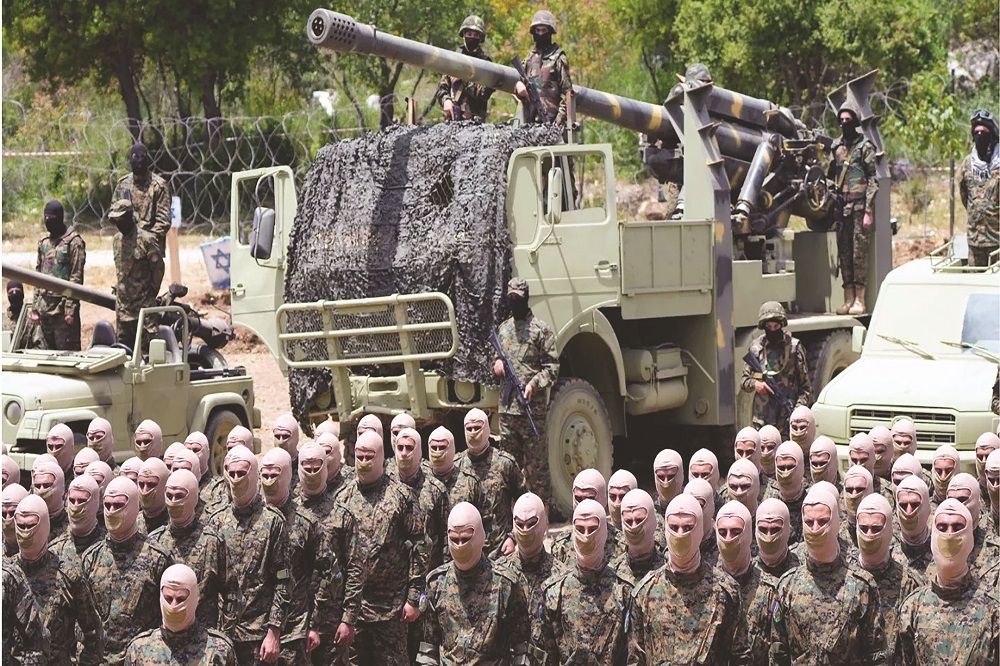Has the Lebanese resistance been disarmed?
In the virtual networks of the region and Lebanon, the enemy’s cyber soldiers and the internal rivals of the Lebanese resistance, together with the Zionists, are fueling the rumor of disarmament; with what force should the weapon that did not leave the hands of the resistance in Gaza and stopped the Zionist advance in southern Lebanon be taken from its hands? What groups, governments, and coalitions are capable of disarming the resistance in the Levant?
The important question is, what will be the resistance’s reaction if the enemy moves towards disarmament? Weren’t all the previous wars aimed at disarming the resistance and even destroying its social environment, and did they not fail?
There are numerous questions in this regard with almost clear answers. Since the resistance knows that after disarmament, the enemy will not give it any respite, instead of agreeing to disarmament, it agrees to any war, even in the most comprehensive form. Despite this point, the issue of disarmament requires further scrutiny to explain why this cannot be achieved.
Rejection of disarmament in the study of changes in the internal balance
Disarmament of the resistance in Lebanon means disarming the two main Shiite movements, or in short, the weapons of the Shiites. This is while the Sunnis and Christians have various militia groups. Since these groups do not accept disarmament, disarmament of the Shiites will not be possible, because the internal balance will be disrupted to the detriment of the Shiites. Assuming that the Sunni and Christian militias accept disarmament, three other problems will remain in terms of religious and sectarian differences and balance.
The first problem is related to the Christian context of the Lebanese army. If the militia groups of the three main sects are dissolved, military power will be exclusively in the hands of the Christians through the army, and here, not the Shiites, but all Muslims will suffer in terms of military balance.
There is also a problem with the Sunnis. If the Sunni militias are disarmed, the presence of the Golani government and several Takfiri terrorist groups in Syria will compensate for this weakness for them. Some news reports indicate that tens of thousands of Takfiri terrorists have gathered on the border with Lebanon. The Golani army has already gone through several rounds of clashes with Shiite tribes and the Lebanese army. Given that these terrorist groups have been killing Shiites since the beginning of the Syrian crisis in 2011 and repeated this action on the Syrian coast and the border with Lebanon after Golani came to power, Sunni weapons will remain effective in Lebanon. In such a situation, disarming Sunni militias is meaningless, because this vacuum will be filled by the Takfiri terrorists present in Syria.

